Our Members
-
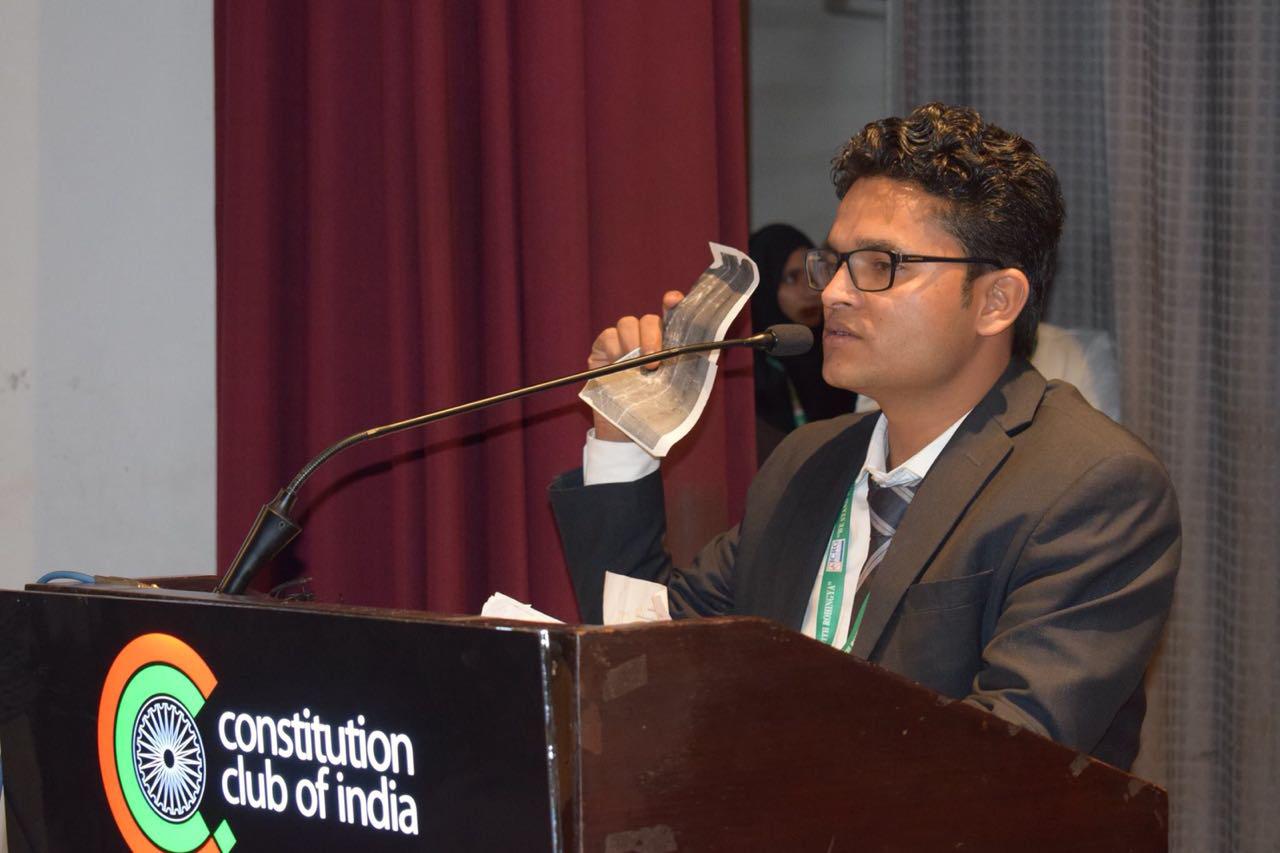
SABBER KYAW MIN
(Sabber Kyaw Min Founder and Director of Rohingya Human Rights Initiative (ROHRIngya))
Sabber Kyaw Min Founder and Director of Rohingya Human Rights Initiative (ROHRIngya) was born in Buthidaung Township, Arakan State, Myanmar. He studied there and left country in 2005 to search a better life in Bangladesh but ended up his life as refugee in India since 2005. In India, he worked with UNHCR as an interpreter for four years as he speaks several languages such as Burmese, Rohingya, Rakhine, Urdu, Hindi, and English. He founded the organization called Rohingya Human Rights Initiative (ROHRIngya) in 2017 which is registered as a Public Charitable Trust and non-profit, non-governmental organization currently running by young Rohingya activists mostly based in New Delhi. Their organization’s aim is to advocate internationally for the rights of persecuted Rohingya community and highlight human rights violations suffering by Rohingya in Bangladesh, India, and Myanmar. As a provider of daily news updates, they work with international news agencies such as Al Jazeera, BBC, German TV, the telegraph, Arab News ,Reuters news etc. The entire important dimension of their work is the protection and development of Rohingya refugees in India. Their organization work directly with about 4700 vulnerable Rohingya in India and indirectly for the remaining. They provide education to Rohingya children, emergency relief to vulnerable Rohingya, livelihood skills to women, sports opportunities to Rohingya youth, and rescue detained and jailed Rohingya in India. They do our work in coordination with INGOs (such as UNHCR, and Amnesty International) and other NGOs working with the Rohingya community in India and Indian government agencies, and advocate nationally for better protection, rights, and access to services. Monitoring trafficking victims of Refugees and detention cases in India, Sabber has been instrumental in leading Conferences various projects, including those related to education, research, and Covid-19 response. Closely worked with UN Independent International Fact-Finding Mission on Myanmar (IIFFMM) in collecting and preserving the evidence the war crimes committed in Myanmar since 2011”. In a significant development, the ICJ Gambia has recently lodged a genocide complaint against the government of Myanmar in the year 2020. Their works were done in accordance with the rule of law of India. Their activities and annual reports are shared with the UN Human Rights Council, the Canadian Embassy in India, the EU, the American Embassy, and the Indian Government.
-
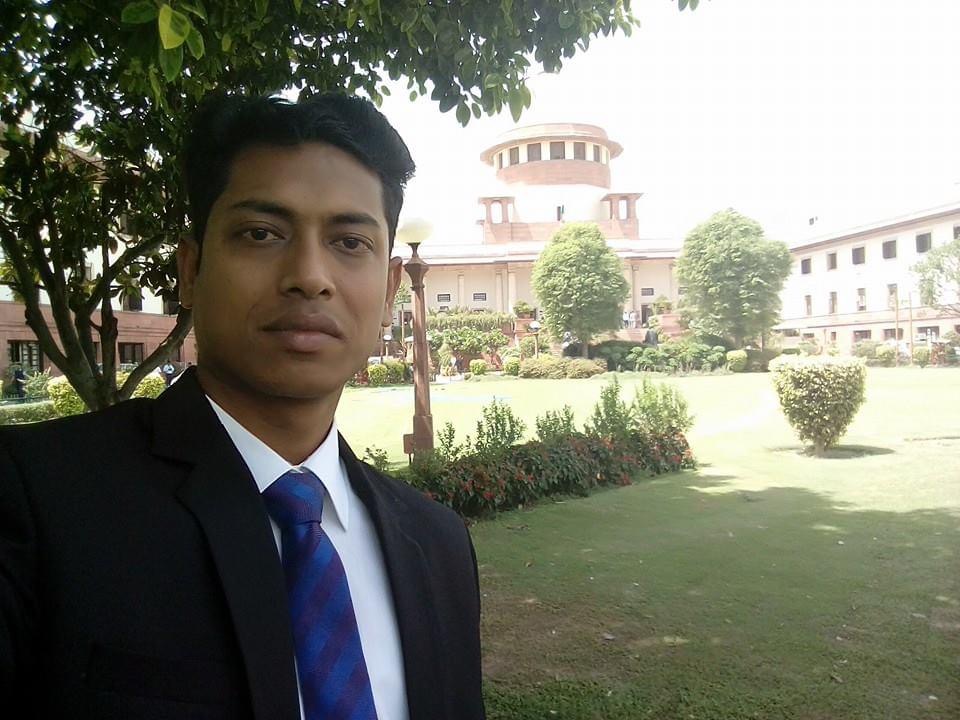
JAFARULLAH
(Executive director Of Rohingya Human Rights Initiatve (ROHRIngya) & Petitioner Supreme court of India)
Mr Jafarullha is an Executive director of "Rohingya Human Rights Initiative” (ROHRIngya). & Petitioner Supreme court of India He is from Myanmar, Buthidaung Township, Rakhine State (former Arakan State). He is an active promoter of human rights for Rohingyas.
-
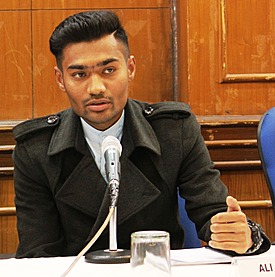
ALI JOHAR
(Director of Education & Movement Building, Rohingya Human Rights Initiative (ROHRIngya))
Ali Johar is Director of Education & Movement Building at Rohingya Human Rights Initiative and is a fellow in Refugees International's inaugural refugee fellows program. As an activist for refugees and statelessness, Ali, originally from Rakhine State, Myanmar, founded the Rohingya Literacy Program (RLP) to facilitate formal education access for Rohingya children in India. Engaging in diverse areas such as education, health, women, youth peace, conflict management, and monitoring trafficking victims and detention cases in India, Ali has been instrumental in leading various projects, including those related to education, research, and Covid-19 response. Acting as a prominent media spokesperson for the organization, Ali has been actively involved in humanitarian work since 2013, collaborating with UNHCR's partners in India. He has garnered multiple national and international awards, including the Global Fellowship by Social Change Initiative. From 2023 onward, Ali has also served as an Interim Core Group Member at the Global Movement Against Statelessness. Educationally, Ali holds a bachelor’s degree in Political Science from the University of Delhi and a Post Graduate Diploma in International Refugee Law, Human Rights/Humanitarian Law from the Indian Institute of International Law.
-
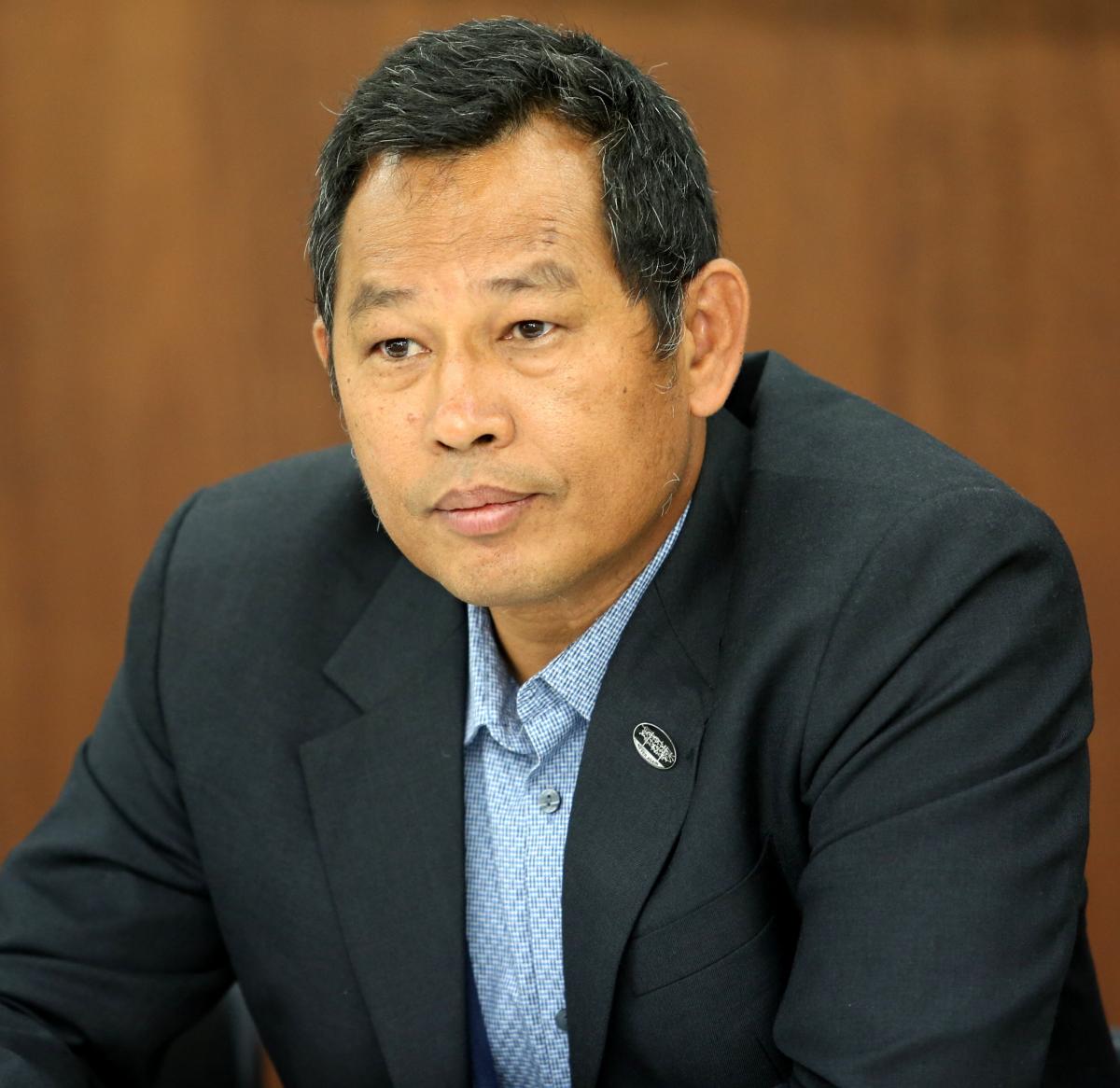
Dr. Maung Zarni (or Zar Ni)
(Advisor Board of Rohingya Human Rights Initiative (ROHRIngya))
Maung Zarni (or Zar Ni) is a Burmese scholar, writer, organizer and revolutionary, exiled first in the United States and since 2015 in the United Kingdom where he lives with his scholar colleague and wife Dr Natalie Brinham. Zarni co-founded and led the Free Burma Coalition (1995-2004), and co-founded several human rights and dissident networks including Free Rohingya Coalition, Forces of Renewal for Southeast Asia (FORSEA). He is a non-resident fellow with the (genocide) Documentation Center - Cambodia. He has 30+ years of scholarship, activism and involvement in international affairs, with particular focus on Burma, South and South East Asia. He was educated in Burma, USA and UK.
-
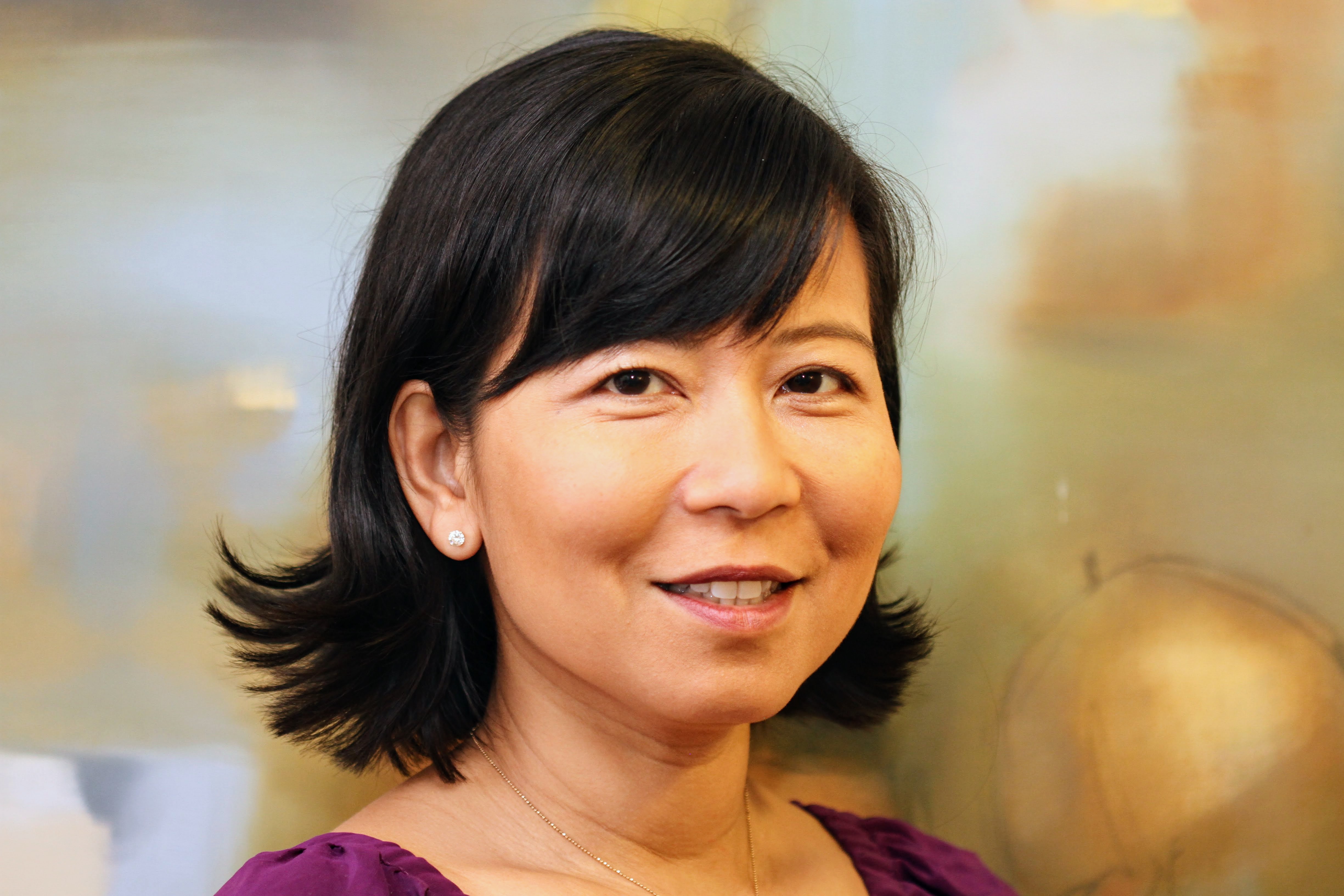
Khin Mai Aung
(Advisor of Rohingya Human Rights Initiative (ROHRIngya))
Khin Mai Aung has practiced American civil rights, immigrant rights, and education law for over 15 years. She has written about Myanmar’s Rohingya genocide in the Huffington Post and the Buddhist blog Lion’s Roar, and it is her goal to promote a balanced and fair narrative based on fact and reason about that crisis, as well as about civil rights and ethnic justice in Myanmar more broadly. In addition to the Huffington Post, her writing has appeared in the New York Times, San Francisco Chronicle, Salon, Hyphen, and other outlets.
-

Dr. Tejal Khanna
(Advisor of Rohingya Human Rights Initiative (ROHRIngya))
Dr. Tejal Khanna teaches political science at GITAM ( Deemed to be) University, Bengaluru Campus. She was awarded a PhD in International Politics from Jawaharlal Nehru University. Her areas of interest includes International Organisations, statelessness, citizenship, refugee rights, Maritime Security.
-

Rohini Mitra
(Volunteer/Associate of Rohingya Human Rights Initiative (ROHRIngya))
Rohini Mitra is a doctoral student at the Centre for Development Research (ZEF), University of Bonn, where her research is focused on forced migration governance, networks, and refugee transnationalism in and beyond South Asia. Her doctoral research examines these themes in the context of the Rohingya refugees in India. Her larger research interests include migrant (and refugee) transnationalism, migration governance regimes, diaspora politics, and the lived experiences of migration.
-

Samanwita Paul
(Volunteer/Project and Research Associate of Rohingya Human Rights Initiative (ROHRIngya))
Samanwita Paul is a Doctoral Student at Jawaharlal Nehru University, New Delhi. Her research focus is on the Displacement and Politics of Representation of the Rohingya women refugees in India. Her research interests include Feminist Studies, Political Geography and Refugee Studies. Prior to this she obtained her M.A and M.Phil. in Geography from Jawaharlal Nehru University, New Delhi. For her M.Phil. she wrote a minor thesis on the dialectics of recognition and redistribution affecting women’s political participation in grassroots democracy in India. She has worked extensively on issues pertaining to forced migrants in various refugee focused and refugee-led organisations. She has been a part of several teams for field research and policy formulation pertaining to refugee groups.
-
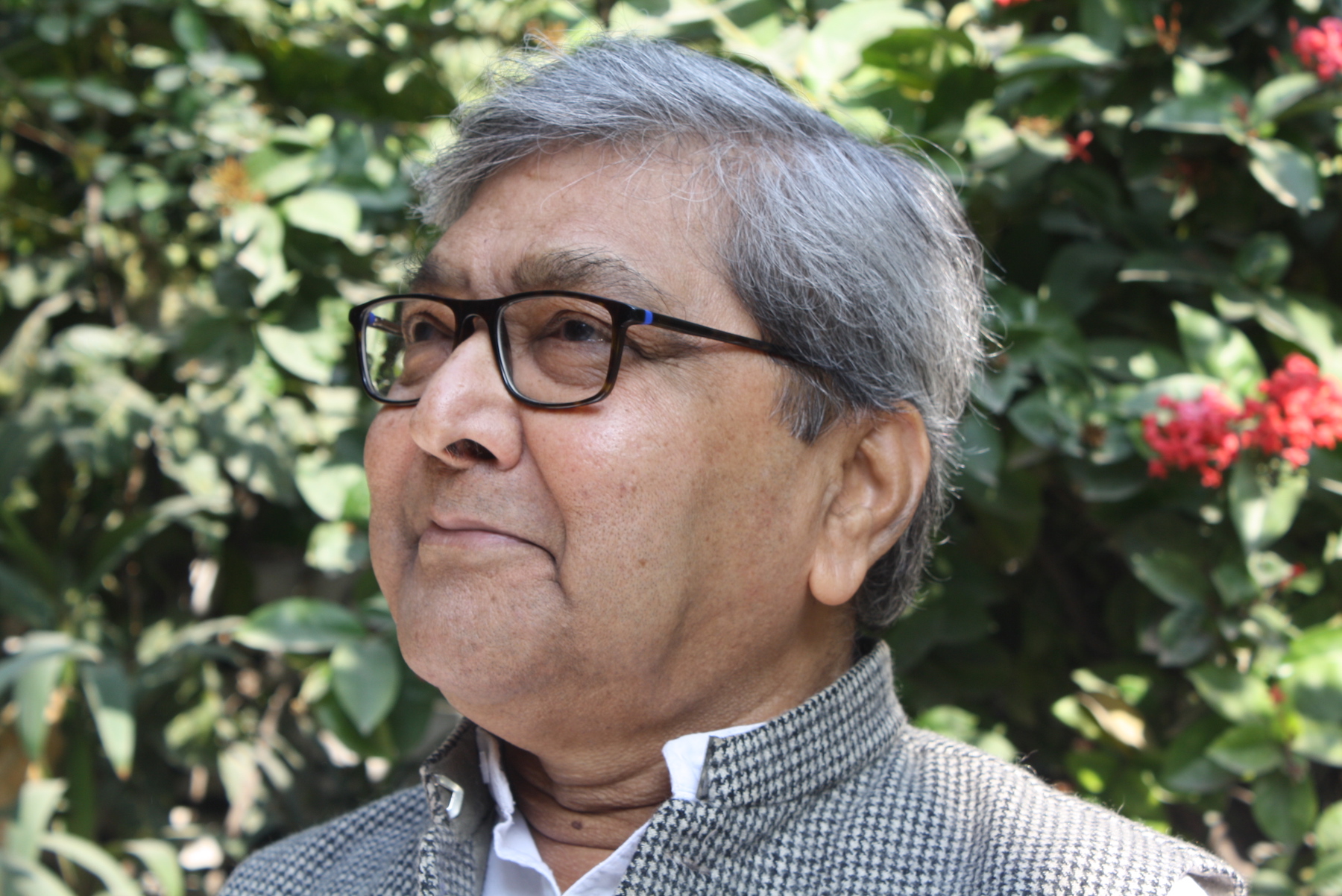
Tapan Kumar Bose
(Board of Director Rohingya Human Rights Initiative (ROHRIngya))
Tapan Kumar Bose Tapan Bose is an independent documentary filmmaker, human rights and peace activist, author and regular contributor leading journals and news magazines in India, Nepal and Pakistan. He has done extensive research on issues of forced migration, lack of institutional protection for refugees and statelessness in South Asia. He has authored several books, monographs and articles on issues of forced migration, lack of institutional protection for refugees and statelessness in South Asia and on the failure of the states and society to protect religious and other minorities in the countries of South Asia. He co-authored and edited the SAGE Series on Human Rights Audits of Peace Processes in South Asia (2015) which includes field based studies on Northeast: India, CHT: Bangladesh, Baluchistan: Pakistan and Madhesh: Nepal. His latest publication is Blood Censored; When Kashmiris became the Enemy (2018), Yoda Press, New Delhi His award winning documentaries on human rights and democratic issues include An Indian Story (1982) on the blinding of under trial prisoners by the police in Bhagalpur and the nexus between landlord, police and politicians and Beyond Genocide: Bhopal Gas Tragedy (1986). His film ‘Behind the Barricades; Punjab’ (1993) on the state repression in Punjab, as with the earlier cited films, was banned and after a long legal struggle was shown. His latest film is The Expendable People’, (2016) a passionate appeal for justice for the tribal peoples of India, cheated, dispossessed, pauperised and criminalized in their forest homes, made to pay the price for extractive development. He was the Secretary General of South Asia Forum for Human Rights, a unique public forum in South Asia for regional dialogues advocacy campaigns teaching and research. He is the co-founder of Pakistan-India Peoples’ Forum for Peace and Democracy in 1994, The Other Media, Founder President of Mahanirvan Calcutta Research Group, Kolkata, Member of Board of Trustees of Equal Rights Trust, London, and South Asia Human Rights Documentation Centre. He is an active member of Citizen’s Initiative on Kashmir since 1990.
-
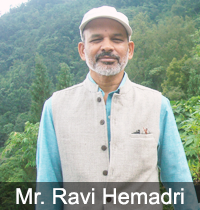
Ravi Hemadri
(Advisor Committee of Rohingya Human Rights Initiative (ROHRIngya))
Ravi Hemadri has worked over 25 years in areas like community mobilisation, training, advocacy and research on the rights and access to justice for Adivasis-Indigenous People, minorities, women, migrant workers and refugees. He has consistently worked over the past two decades with displaced people from development projects, ethnic conflicts and violence and has led advocacy, campaigns and networking around the issue of displacement. He was a Director from 2004 – 2010 of The Other Media, Delhi, an organisation that works on human rights, refugee rights, peace and environmental issues. He is the current Secretary of DaJI.
-
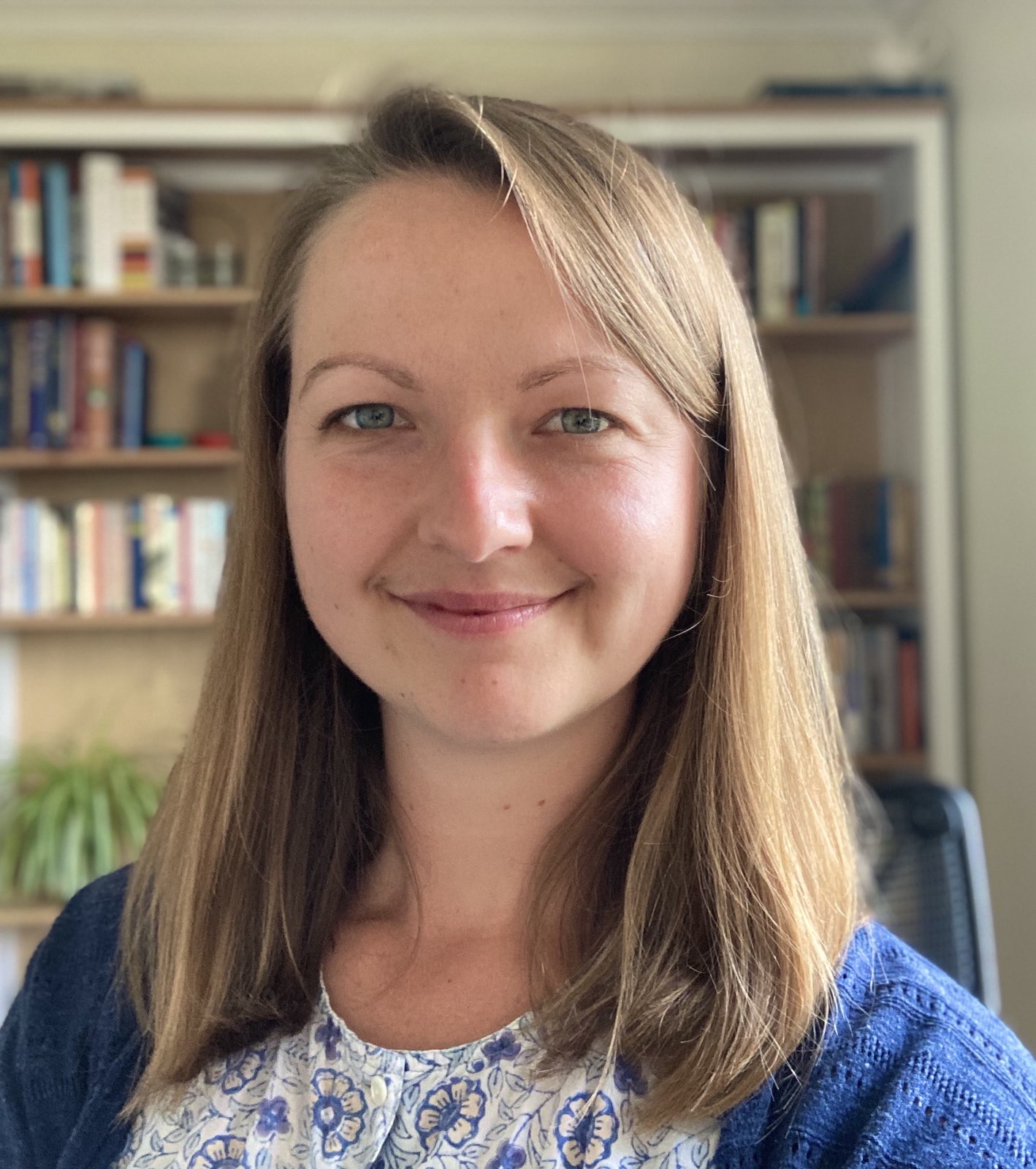
Dr Jessica Field
(Advisor of Rohingya Human Rights Initiative (ROHRIngya_R4R))
Dr Jessica Field is a researcher, writer, and educator focused on humanitarian and social justice issues. Her research examines humanitarian history and aid policy and she has taught at universities in the UK and India. Jessica has worked with Rohingya Human Rights Initiative (ROHRIngya-R4R) on Rohingya protection research and advocacy, particularly focused on India.
-
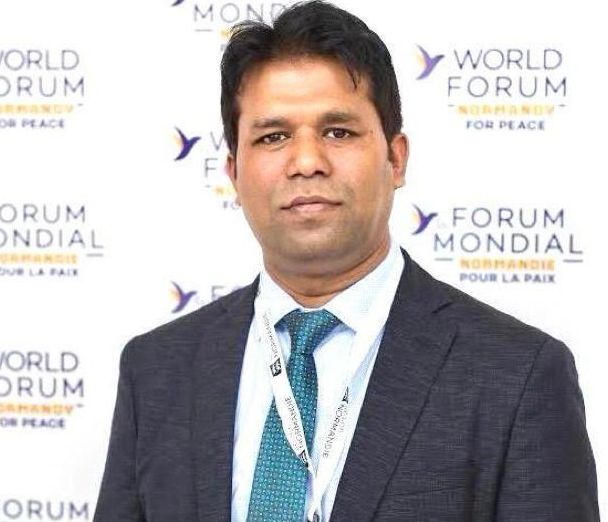
Tun Khin (Ziaul Gaffar)
(Advisor of Rohingya Human Rights Initiative (ROHRIngya))
Tun Khin (Rohingya name: Ziaul Gaffar) was born and brought up in Arakan State, Burma. His grandfather was a parliamentary secretary during the democratic period of Burma. His mother’s grandfather was the first judge in northern Arakan State. Since coming to the United Kingdom, Tun Khin co-founded Burmese Rohingya Organisation UK (BROUK) and is now its President. Tun Khin has briefed many officials and parliamentarians around the world on genocide committed against the Rohingya. In November 2019, Tun Khin filed a Universal Jurisdiction case in Argentina against the Myanmar military and civilian government for genocide, war crimes and crimes against humanity. Argentina has now taken the historic decision to open up a court case.
-

HAFSAR TAMEESUDDIN
(Advisor of Rohingya Human Rights Initiative (ROHRIngya))
Bio: Hafsar is a human rights defender and Rohingya activist for gender equality, child marriage, LGBTQI, refugees, and statelessness. She is a Steering Committee Member of Asia Pacific Network of Refugees[ APNOR], a member of Global Refugee-Led Network[GRN], and an interim working group member of Global Movement of Statelessness, and served as an interim Advisory member of the UNHCR Advisory Group. She is also the Co-Secretary General of APRRN and part of APNOR Rohingya Think Tank Group. She is now based in Auckland. She speaks English, Burmese, Rakhine and Rohingya.
-

Dr.Natalie Brinham
(Advisor of Rohingya Human Rights Initiative (ROHRIngya))
Bio: Natalie Brinham is a researcher, writer and human rights activist working on the issues of statelessness, genocide and forced migration. She is currently based at the University of Bristol and has published policy papers, op-eds and academic papers about Rohingya issues and activism, including co-authoring the influential 2014 study, 'The Slow-Burning Genocide of Myanmar's Rohingya' with Dr. Maung Zarni. She has worked alongside members of the Rohingya Human Rights Initiative (ROHRIngya-R4R) in their research and advocacy work for several years.
-

Nay San Lwin
(Advisor of Rohingya Human Rights Initiative (ROHRIngya))
Nay San Lwin is a co-founder of the Free Rohingya Coalition and has been advocating for human rights and raising awareness about the genocidal campaign against the Rohingya people in Arakan (Rakhine State) by the Myanmar military and government for the past two decades. Despite receiving several serious threats, including death threats, he has continued to speak out and provide timely and accurate information, fact-checking, and verification, as well as updates and analyses on the Rohingya crisis. He has spoken at various international conferences in Asia and Europe and several European countries' parliaments and is a prolific commentator in global mainstream media, television, radio, and grassroots media. Until 2021, he was regarded as an enemy of the Myanmar people due to public criticism by the Presidential and State Counsellor's Office for his role in disseminating news about military atrocities against the Rohingya in Northern Arakan State. Nevertheless, Nay San Lwin has persisted in advocating for justice and human rights for the Rohingya community. Following the military coup in Myanmar in early 2021, he has worked to build a strong relationship between the Rohingya and the wider Myanmar community, showing his solidarity with the people of Myanmar.
-
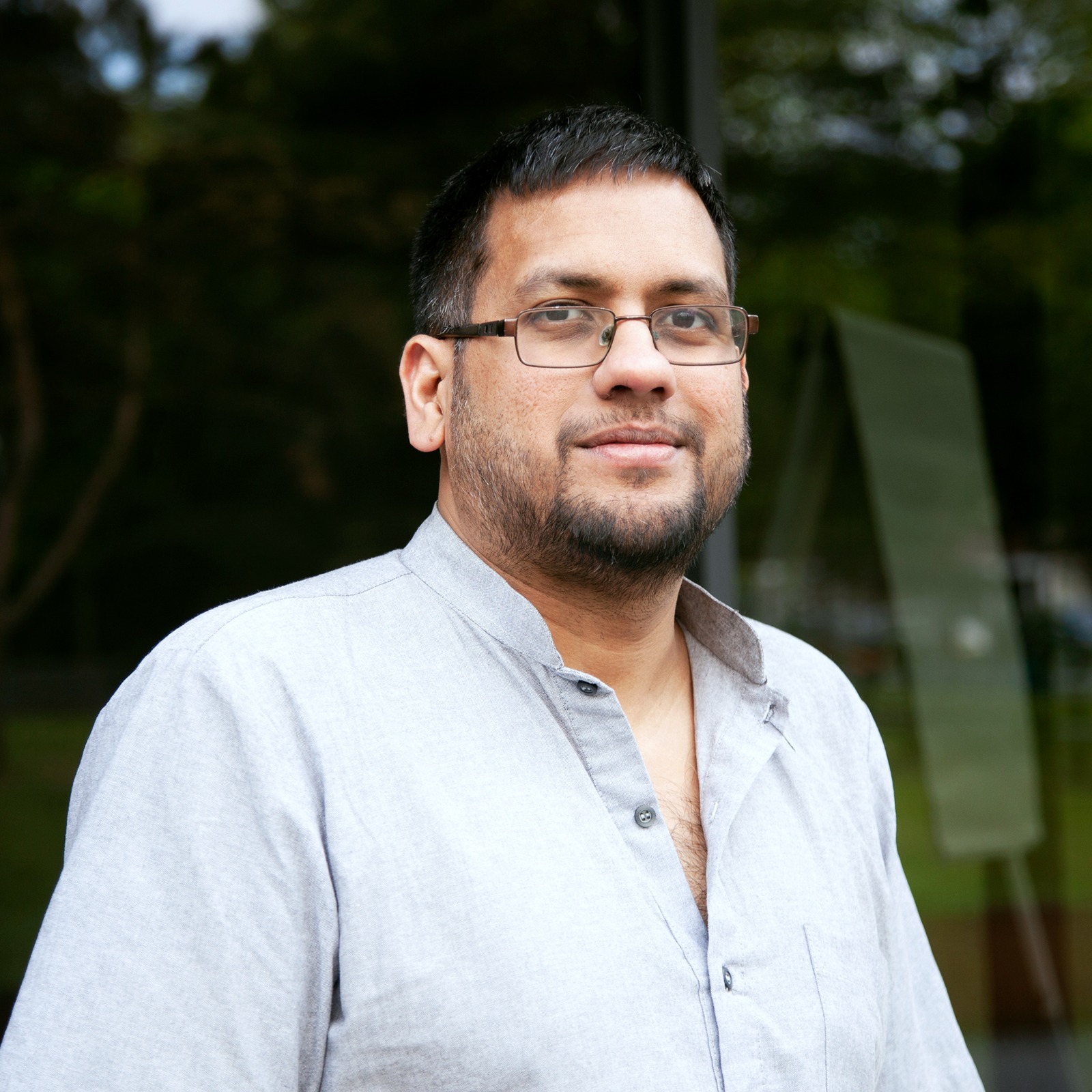
Amal de Chickera
(Advisor of Rohingya Human Rights initiative (ROHRIngya))
Amal de Chickera is a co-founder and one of the Co-Directors of the Institute on Statelessness and Inclusion (ISI). He is a Sri Lankan human rights lawyer, advocate and activist, with expertise in the right to nationality, statelessness and discrimination. Amal has researched, advocated, written, spoken, delivered training and served as an expert on statelessness and related issues for the UN, NGOs and academia, since 2008. Amal believes in the power of the arts to shape and inform our understanding and response to issues of social justice. He has (co) authored children’s books and graphic novels to bring the challenge of statelessness to new audiences. Before co-founding the Institute, Amal led the statelessness work of the Equal Rights Trust. He was also a co-founder of the European Network on Statelessness, and a founding member of Stages - a Sri Lankan theatre group. A member of the Sri Lankan Bar, Amal holds an LLM (Distinction) from University College London and an LLB (Hons.) from the University of Colombo.
-
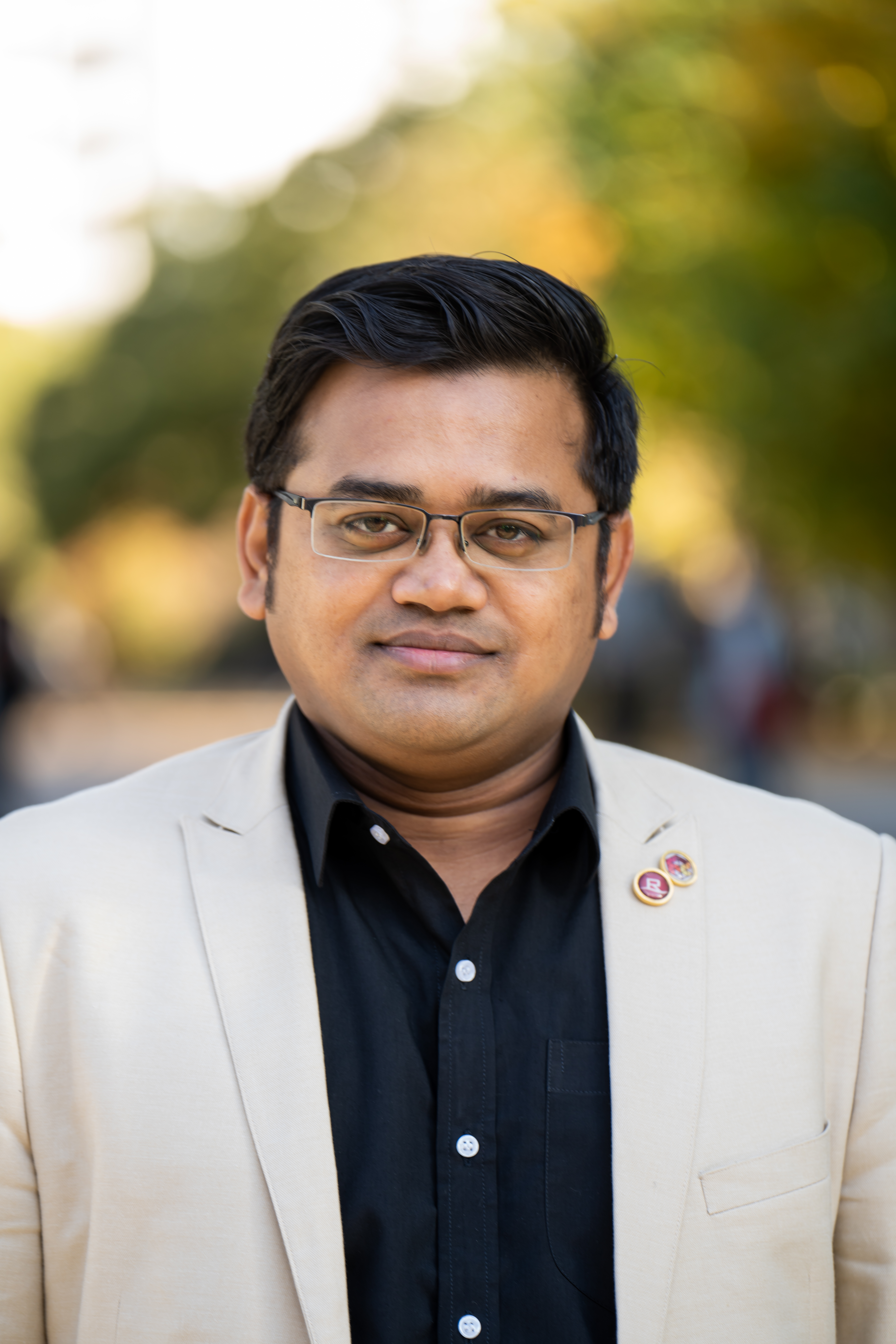
Muhammad Noor
(Advisor of Rohingya Human Rights Initiative (ROHRIngya))
Muhammad Noor Advisor of Rohingya Human Rights Initiative (ROHRIngya) and Co-Founder Affiliation: Rohingya Project / Rohingya Vision Bio: Noor is the Founder and Managing Director of the Rohingya Project, a grassroot organization for social and financial inclusion for stateless leveraging technology. He is also the founder of Rohingya Vision (RVISION), the world's first Rohingya TV station, and the Rohingya Football Club (RFC). Noor is actively involved in humanitarian efforts, collaborating with international organization. Noor founded the Rohingya Language Council, digitized Rohingya Alphabets, and authored "Born to Struggle: The Child of Rohingya Refugees and His Inspiring Journey," published in March 2019. Noor actively leverages technologies like Blockchain, AI, Crypto, Metaverse, Data Science, security, and privacy for the betterment of marginalized communities. Additionally, he serves as a mentor and has delivered lectures on refugee issues at universities worldwide. Site: www.mdnoor.net
